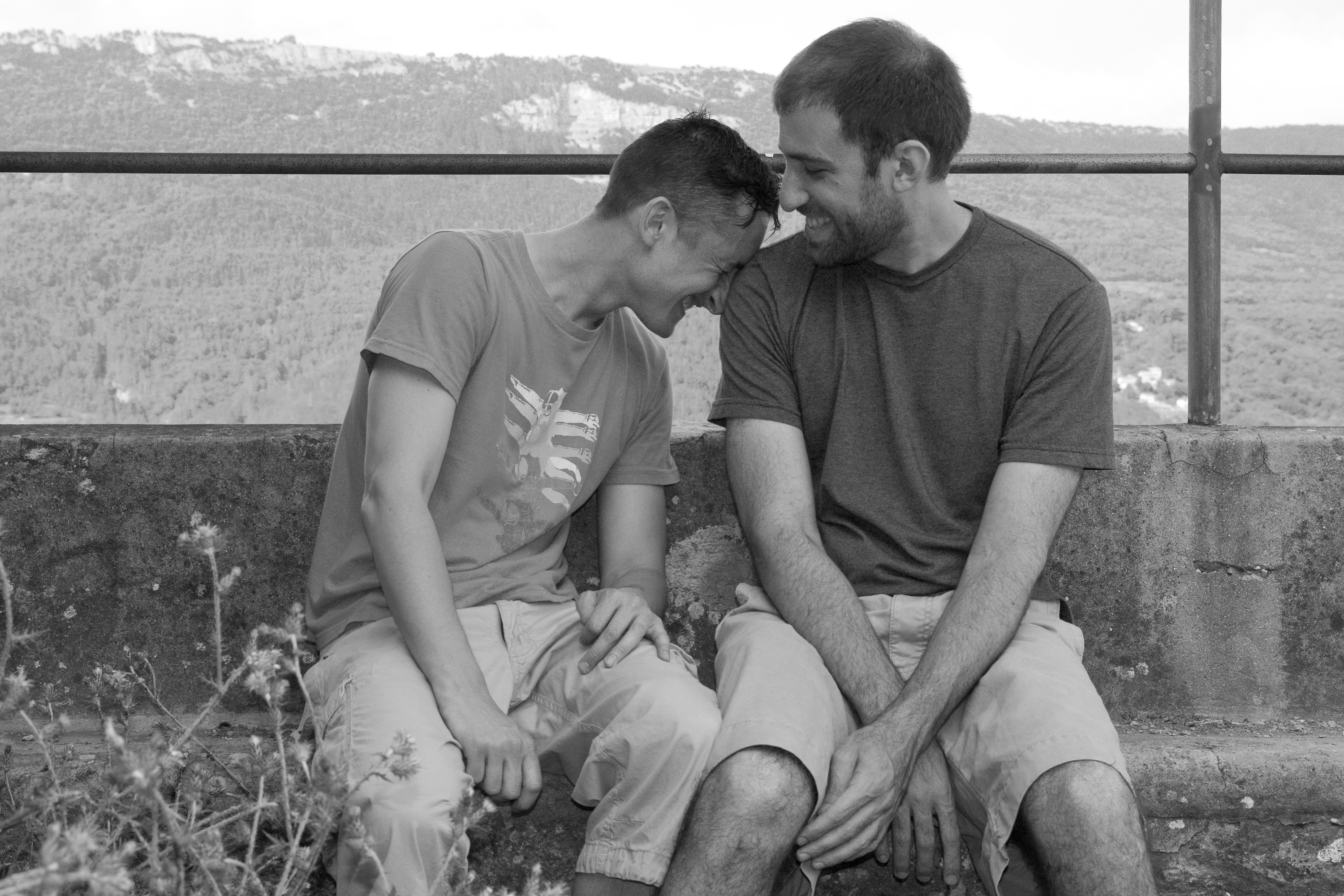
Civil union
A civil union (also known as a civil partnership) is a legally recognized arrangement similar to marriage, created primarily as a means to provide recognition in law for same-sex couples. Civil unions grant some or all of the rights of marriage (with child adoption being a common exception, and the title itself).
See also: Domestic partnership, which is legal recognition of relationships without the wider rights or benefits of civil unions.
Civil unions under one name or another have been established by law in several, mostly developed, countries in order to provide legal recognition of relationships formed by unmarried same-sex couples and to afford them rights, benefits, tax breaks, and responsibilities similar or identical to those of legally married couples. In 1989, Denmark was the first country to legalise civil unions, for same-sex couples; however most other developed democracies did not begin establishing civil unions until the 1990s or early 2000s, often developing them from less formal domestic partnerships. While civil unions are often established for both opposite-sex couples and same-sex couples, in a number of countries they are available to same-sex couples only. In Brazil, civil unions were first created for opposite-sex couples in 2002, and then expanded to include same-sex couples through a supreme court ruling in 2011. In the majority of countries that established same-sex civil unions, they have since been either supplemented or replaced by same-sex marriage. Civil unions are viewed by LGBT rights campaigners as a "first step" towards establishing same-sex marriage, as civil unions are viewed by supporters of LGBT rights as a "separate but equal" or "second class" status.
Many jurisdictions with civil unions recognize foreign unions if those are essentially equivalent to their own; for example, the United Kingdom lists equivalent unions in the Civil Partnership Act 2004 Schedule 20. The marriages of same-sex couples performed abroad may be recognized as civil unions in jurisdictions that only have the latter.
International standards[edit]
To date, only two countries, Spain and Portugal, have signed onto the Convention on the Recognition of Registered Partnerships, a draft multilateral agreement on the status of civil, unmarried partnerships. The document is inclusive of rights for both same and opposite sex partnerships.